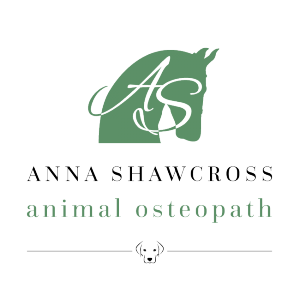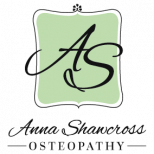Your horse will try to hide any restriction of its movement because horses evolved that way, they are prey animals and don’t want to appear lame to predators. Finding and treating those restrictions is the work of the equine osteopath. You may notice changes such as, failing to pick up a canter lead, refusing fences, not wanting to load in the trailer or becoming sensitive to girthing. All signs it’s time to get your horse checked. All horses have imperfections in the way they move and compensations at play. Some compensations are best left in place with a little treatment needed to keep them in check, while other compensations can lead to pain and restriction of movement which can lead to lameness or poor performance.
We ask much of our horses, in sport such as eventing or racing and they can be affected by how they are ridden, how they are cared for and by bits, bridles, saddles and a myriad of other equipment. Your osteopath will take it all into consideration in managing the best outcome for the horse.
Do your horse a favour and have him checked regularly to keep him healthy, happy and performing at his best for you.
How osteopathy can help horses:
1. Assessment and treatment of existing pain
Your vet may have already diagnosed the following:
- Arthritis in the fetlock joints or pasturn joints (ringbone) or hocks
- Navicular disease (arthritis of the navicular bone)
- Tendon injuries
- Bone spavins
- Muscular injuries
2. Protection against potential muscle joint and tendon problems
- Maintaining the best function in your horse’s neck and shoulders, back and pelvis and all the joints down the legs to the hooves. Making sure the joints are moving freely and the muscles are in good condition, this will help the tendons and ligaments cope with the strain of ridden or driving exercise
3. Maintenance of the horse’s essential need for ongoing flexibility and mobility and therefore performance
- Horses are asked to perform in many different sports which require unnatural levels of bending around corners and circles and weight baring as well as leaping fences and landing from fences. Osteopathy helps the horse the stay supple in all regions of the body and therefore perform at their best and perform for longer.
4. Performance and behaviour issues which may be associated with physical pain or restriction
Have you noticed any changes in your horses normal behaviour such as:
- Bucking
- Rearing
- Irritability or box walking
- Unable/unwilling to strike-off on a particular rein
- Unable to bend well in one direction
- Unwilling to be caught in the field
- Tripping and stumbling
- Sensitivity to girthing or brushing
- Not wanting to load in the trailer or lorry
- Changes in stride length like poor tracking up
- ‘Unlevelness’ or unexplained lameness
- Not accepting the bit
- Jumping to one side

